An Essay on Diwali | Deepawali the Festival of Lights | StoriesPub
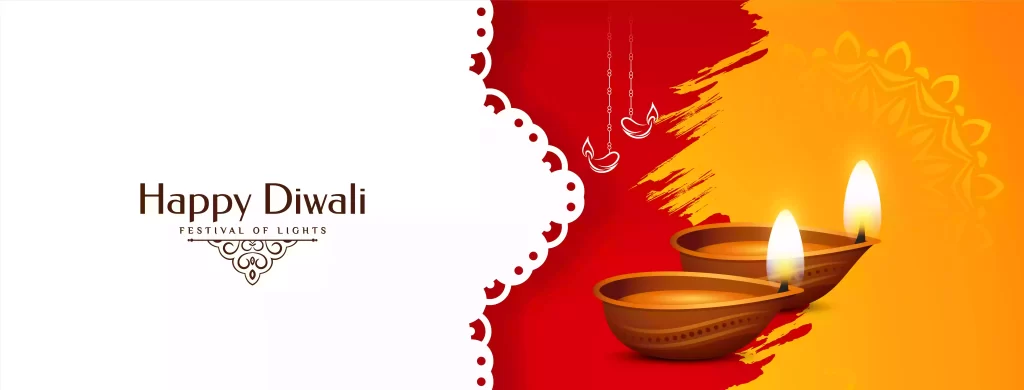
The word Diwali comes from the Sanskrit words “Deepavali” (meaning “row of lights“) and “Diwakar” (meaning “a row of lamps”). Diwali is known as the “Festival of Lights.” It refers to the decorations people put up for this celebration, made from oil lamps, candles, and other similar items. Still, nowadays, people also decorate homes with electric chandeliers. Diwali is a Hindu festival, but the festival is celebrated by people of all religions.
There are two beliefs behind celebrating this festival; first, Lord Krishna returns from Mathura after the slaying of Narakasura and the freeing of Ugrasen. The second is that Lord Rama came back to Ayodhya on this day after defeating Ravana. These days, people make rangoli outside their houses for decoration purposes. On Diwali day, people light diyas in homes and happily burst crackers to signify their victory over darkness and evil.
The festival is a five-day-long celebration believed to be the victory of good over evil. Each day of the festival has its own significance. Still, the most essential celebrations happen on the third and final night.
. How is Diwali celebrated in India?
Diwali is a five-day festival of lights celebrated by Hindus, Sikhs, and Jains across India and Nepal. The celebration marking the Hindu New Year usually falls in October or November.
Diwali celebrations start with Dhanteras, when people shop for gold, silver, and new clothes.
The second day is Naraka Chaturdasi when people clean their homes and put up diyas (small oil lamps).
On the third day, Diwali proper starts with Lakshmi puja in the evening, when families come together to worship the goddess of wealth.
The fourth day is Govardhan Puja when Hindus offer thanks to cows, a holy animal in Hinduism.
The fifth day is Bhai Dooj when brothers visit their sisters’ homes.
Diwali is a time for feasting and merrymaking—during the five days, people exchange sweets and gifts with family and friends. Fireworks are also an essential part of the Diwali celebrations.
. Why do Hindus celebrate Diwali?
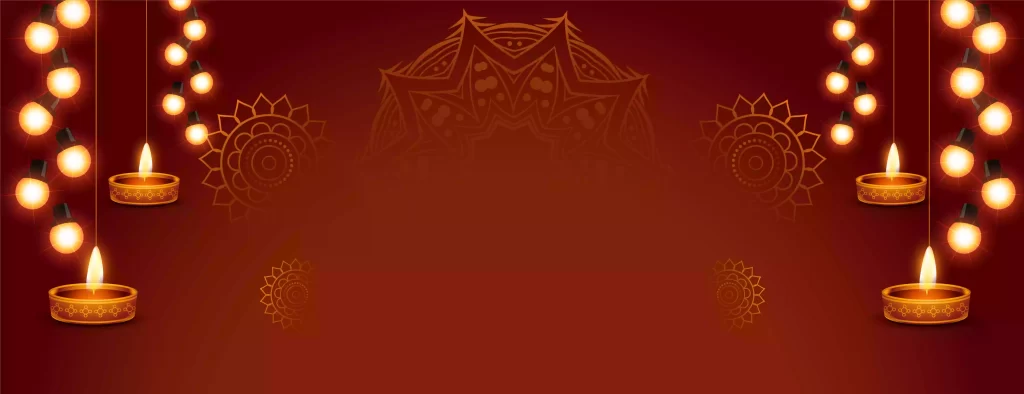
Diwali is a festival that is widely celebrated by Hindus all over the world. Diwali is derived from the Sanskrit word dīpāvali, which means “row of lamps.” Diwali is also known as the “festival of lights,” It is traditionally celebrated by lighting diyas (lamps) and setting off fireworks.
Diwali is a five-day festival that commemorates the victory of Lord Rama over the demon king Ravana. According to the Hindu epic Ramayana, Lord Rama was exiled from his kingdom for 14 years. During his exile, he lived in the forest with his wife Sita and his brother Lakshmana. On the advice of a sage, they built a hut in the forest and spent their days in prayer and meditation.
While they were meditating, Ravana, the king of demons, abducted Sita one day. Lord Rama then embarked on a journey to rescue her with the help of Hanuman, an army of monkeys and bears. After defeating Ravana in battle, Lord Rama rescued Sita and returned to his kingdom with her.
Diwali is thus a celebration of good.
. Which Hindu goddess is worshiped during Diwali?
Diwali, the Hindu festival of lights, is a five-day celebration that occurs every year in October or November. One of the most popular aspects of Diwali is the worship of Lakshmi, the goddess of wealth and prosperity.
Lakshmi is typically depicted as a beautiful goddess with four arms, holding a lotus flower in one hand and a gold coin in the other. She is often shown standing on a lotus flower or sitting on a throne. On Diwali night, Hindus offer prayers and sacrifices to Lakshmi in hopes that she will bestow them with good fortune in the coming year.
So why is Lakshmi worshiped during Diwali? The holiday celebrates the victory of good over evil, and Lakshmi personifies these qualities. She represents all that is good and pure, and her presence is thought to bring happiness, wealth, and success. By praying to Lakshmi on Diwali night, Hindus hope to invoke her blessings and ensure a prosperous year.
. How is Diwali different from other Hindu festivals?
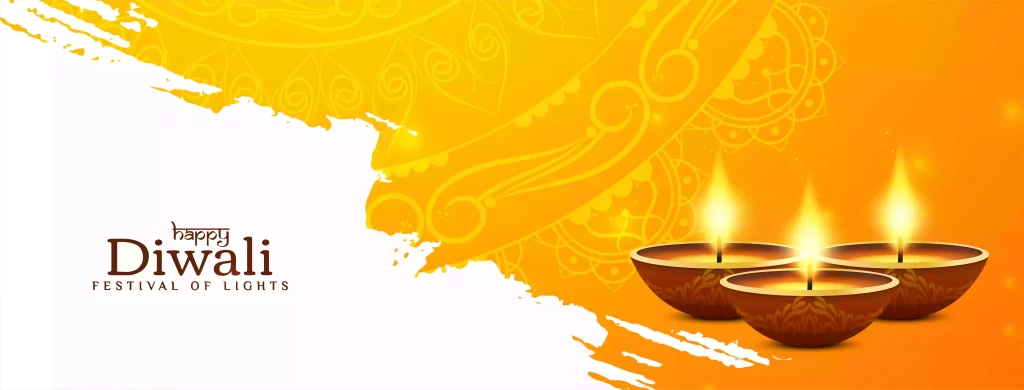
Diwali, the festival of lights, is one of the most popular Hindu festivals. Though it is celebrated all over India, it is especially significant in North India. Diwali is usually celebrated in October or November and marks the beginning of the Hindu New Year. The five-day festival commemorates the victory of good over evil and includes several rituals and festivities.
Diwali is different from other Hindu festivals in several ways:
- It is a five-day festival, while most Hindu festivals are only one or two days long.
- Diwali is celebrated with lights and candles, while other festivals are not.
- Diwali is considered a New Year’s festival, while other Hindu festivals are not.
. What are the rituals associated with Diwali?
Diwali, the festival of lights, is one of the most popular festivals in India. The five-day festival is celebrated in honor of Lakshmi, the goddess of wealth. Diwali is a time for families to come together and celebrate. Homes are decorated with lights and candles, and people exchange gifts and sweets.
The main rituals associated with Diwali are lighting lamps and candles, exchanging gifts, and feasting.
On the first day of the festival, people light lamps and candles inside and outside their homes. This is done to welcome Lakshmi, the goddess of wealth.
On the second day, people exchange gifts with family and friends.
On the third day, there is a feast in honor of Lakshmi.
On the fourth day, people visit temples and offer prayers to Lakshmi.
On the fifth day, people celebrate the victory of good over evil by lighting fireworks.
. Conclusion
Diwali is one of the most popular festivals in India. It is also celebrated by Hindus all over the world. This festival of lights symbolizes the victory of good over evil. It is a time for families to come together and celebrate. I hope this essay has given you a better understanding of Diwali and why it is such an important event in Hindu culture.
Download “An Essay On Diwali” PDF for Free
Hey kids, how much did you like An Essay on Diwali? Please share your view in the comment box. Also, please share this story with your friends on social media so they can also enjoy it, and for more such stories, please bookmark storiespub.com.






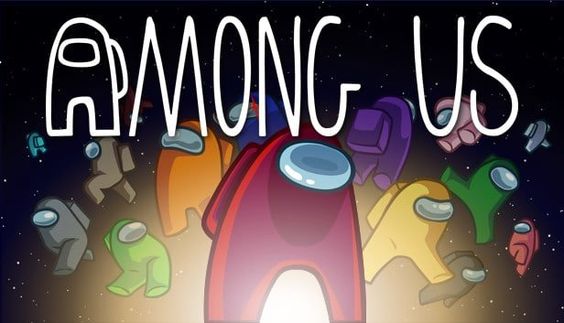















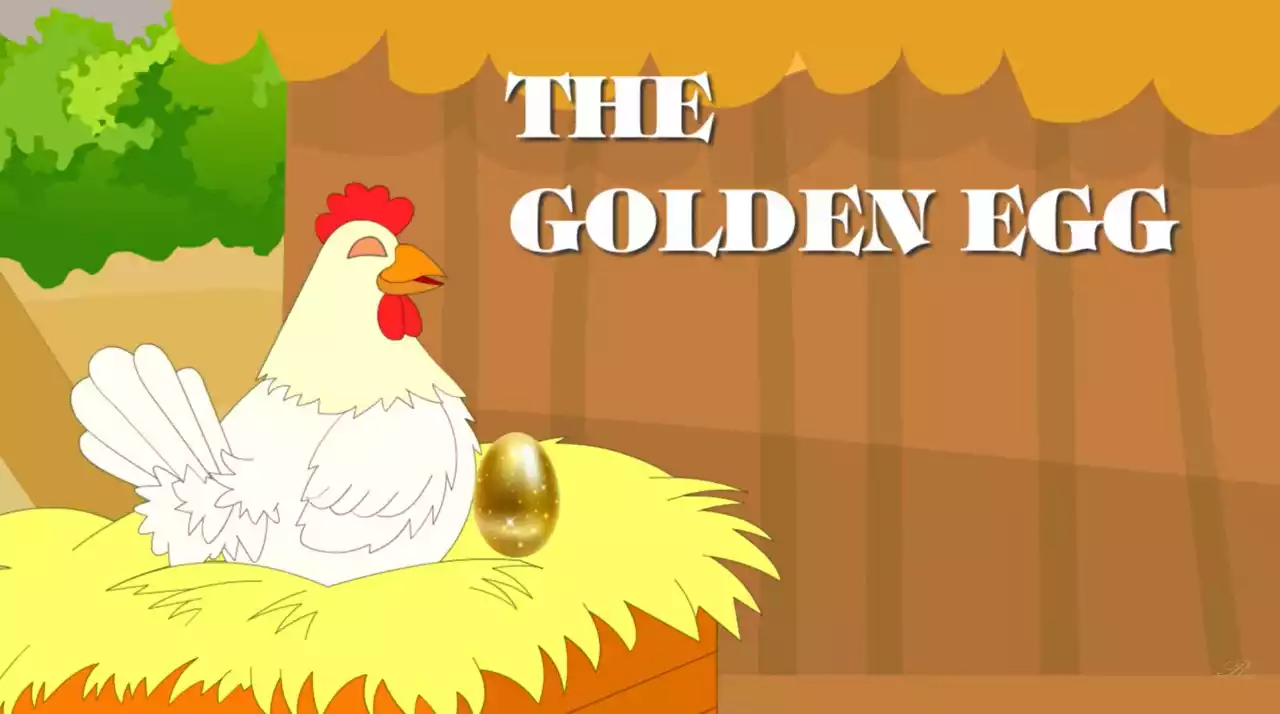
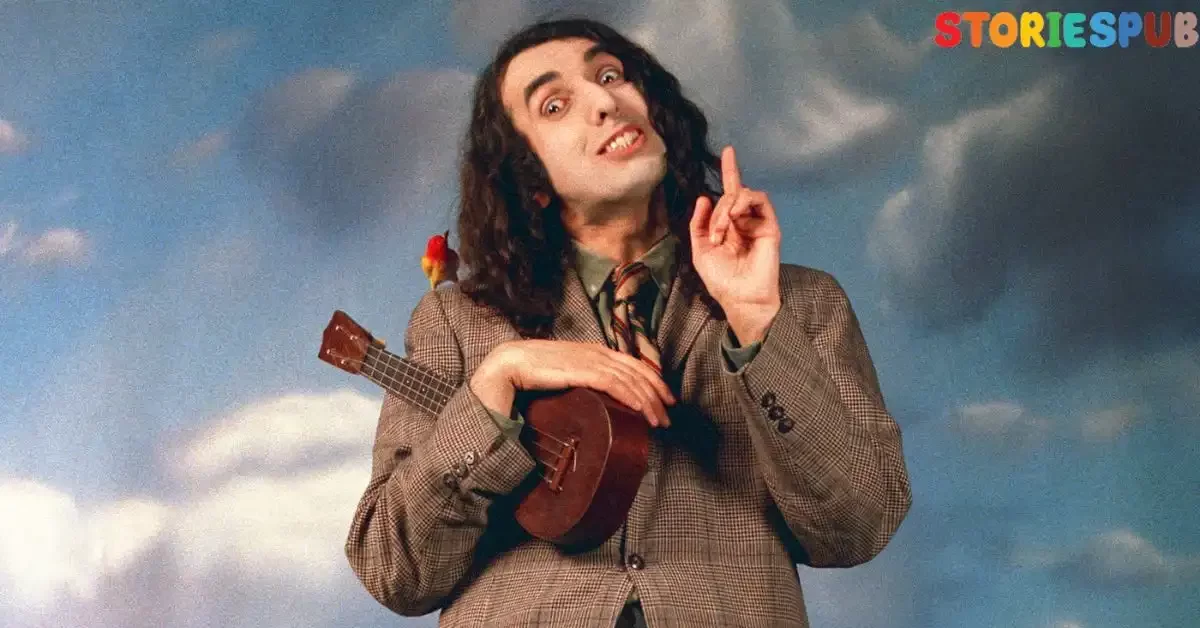

Wow Nice and detailed Essay
Thanku so much keep sharing
Comments are closed.